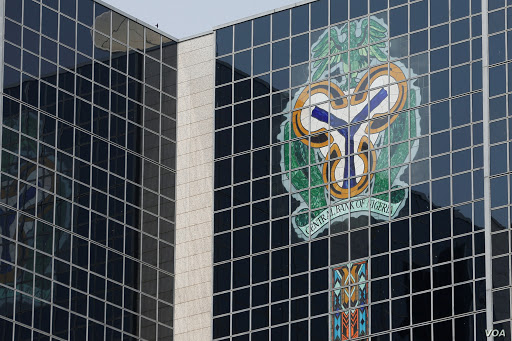CBN suspends dividend payouts and foreign investor withdrawals amid regulatory overhaul

CBN takes fresh action under the leadership of Olayemi Cardoso.
In a sweeping regulatory move aimed at strengthening Nigeria’s financial system, the Central Bank of Nigeria (CBN) has ordered commercial banks to halt the payment of dividends, bonuses, and foreign investor remittances. The directive, issued amid ongoing reforms and foreign exchange pressures, signals the apex bank’s intent to rein in capital outflows and reinforce liquidity buffers across the banking sector.
According to the CBN, the decision is part of a broader review of the financial sector’s risk management practices, with particular focus on liquidity and foreign exchange exposure. The apex bank noted that halting these payments will allow for a more thorough assessment of the financial soundness of banks, especially at a time when the country is grappling with FX volatility, inflationary pressures, and investor uncertainty.
Affected banks are now required to suspend all forms of shareholder rewards, including interim and final dividends, bonuses to executives and staff, as well as payments to foreign investors. The CBN also directed banks to submit a detailed analysis of their liquidity positions, risk exposures, and internal risk management frameworks for regulatory scrutiny.
READ ALSO:
CBN sets withdrawal limit for POS transaction…here’s what to know
Heritage bank: Will Nigerians lose their money as CBN withdraws licence?
Cybersecurity levy: Those affected, who is exempted, things to know about the new CBN policy
This development mirrors a similar policy issued last year which prohibited banks from using foreign exchange revaluation gains for dividend payments. Industry watchers believe this fresh suspension is a continuation of efforts to prevent capital erosion and ensure that banks retain sufficient buffers to withstand external shocks.
While the move may lead to temporary dissatisfaction among shareholders and investors expecting returns, analysts have described it as a proactive measure designed to prioritise financial system stability over short-term gains. It is also seen as a strategy to curb capital flight and maintain investor confidence in the long run, particularly with Nigeria seeking to stabilise its macroeconomic indicators.
For now, the banking sector is expected to comply fully with the CBN directive while engaging constructively with the regulator. Many banks may adjust their earnings guidance or delay dividend announcements until the conclusion of the review. Investors, especially foreign stakeholders, will have to await further clarity from the apex bank regarding the timeline for lifting the restrictions.
As the regulatory process unfolds, the financial system is likely to emerge more resilient, better capitalised, and prepared to support Nigeria’s economic recovery agenda. The CBN has reiterated its commitment to safeguarding the financial system and ensuring that banks continue to operate in a stable and transparent environment.

